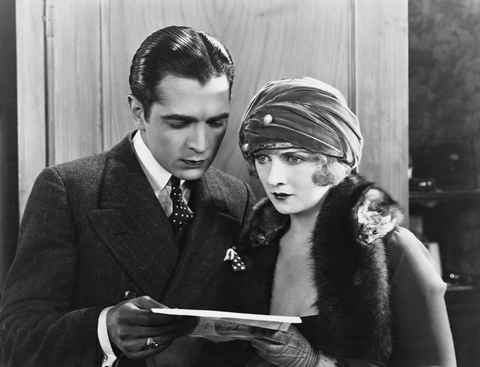 Self Regulation: How Can I Do a Better Job of Managing Emotions?
Self Regulation: How Can I Do a Better Job of Managing Emotions?
Notes on Bowen Theory. Hal DeShong, Ph.D.
Note: This entry outlines elements of self-regulation (a.) through (g.), each of which will be clarified with painful examples in upcoming articles. For example, to illustrate ‘Decreasing and managing sensitivity to others while under pressure that is tending to increase sensitivity to others’ you will be introduced to “The Man Who Didn’t Like Dr. Phil and the Woman Who Took Him Seriously.”
What is Self Regulation?
Self-regulation is the capacity to have reactive behavior sufficiently under control so that you are able to respond to people not out of emotional reactivity or automatic patterned responses, but out of a more thoughtful and realistic assessment of the situation. Essentially self-regulation has to do with working on three factors:
-
An awareness of the difference between automatic emotional functioning and functioning that is more thoughtful.
-
Knowledge of how relationship systems operate.
-
A great deal of effort with one’s self to work the following:
(a.) Decreasing and managing sensitivity to others while under pressure that is tending to increase sensitivity to others.
(b.) Recognizing the difference between a real threat and a ‘perceived’ threat. This is threat discrimination. Improving awareness that, in a relationship, such responses as criticism, forgetting, complaining and so forth–while unpleasant–are rarely real threats. It is important to work on reactions in such non-threatening situations.
(c.) Learning to initiate calm responses in tense situations or when triggered by a perceived threat. Only by knowing social networks (family, friends and/or work environments) extremely well can we draw personal boundaries carefully and in positive ways based on knowledge of those networks.
(d.) Increasing tolerance for the discomfort of anxiety. Part of the ability to contain more anxiety is learning to recognize the subtle nuances of one’s own anxiety and stress across time and learning to manage it when it is at lower levels of tension. Again, much of this work involves working with one’s own thinking about what is unfolding. Most of us are terrible at recognizing, and thus applying early management strategies to our own stress. We tend to only recognize anxiety when our discomfort becomes so intense that we resort to tactics such as pulling in an “innocent bystander” or responding in a way to trigger defensiveness in the other.
(e.) Avoiding power struggles. When in a power struggle it doesn’t matter whose “fault” it is—it is time to accept that the very fact of being in a power struggle means that both people have “lost.” Because both people are anxious, neither is able to resolve the issue–which is why they are called “power struggles.”
(f.) Displacing frustration constructively. Exercise and music are ways to deal with tension and frustration. Both can free up a person so that he or she can accomplish the most effective method of relationship tension reduction, which is to focus attention on one’s own functioning rather than focusing on how the other is handling the situation.
(g.) Working to maintain a broad network of relationships in a variety of situations including work and play. Expand people networks to include some relationships that are not intense. This is probably the most important variable of all. When anxious, it’s important to have options beyond increasing focus on the other person in a struggle. A broad network of less intense relationships allows you to function more competently–more thoughtfully–in relationships.
Self-regulation can sound simple and easy and yet is so difficult to do under pressure. When anxiety kicks in we lose our ability to manage ourselves. All of us are regularly confronted with the dilemma of what to do with our anxious selves when we are about to create mayhem in an important relationship.
Remember, self-regulation is a hard slow effort. If it was easy, the world and our families would function without any blips.
Hal DeShong Questions? hdeshong74@gmail.com





